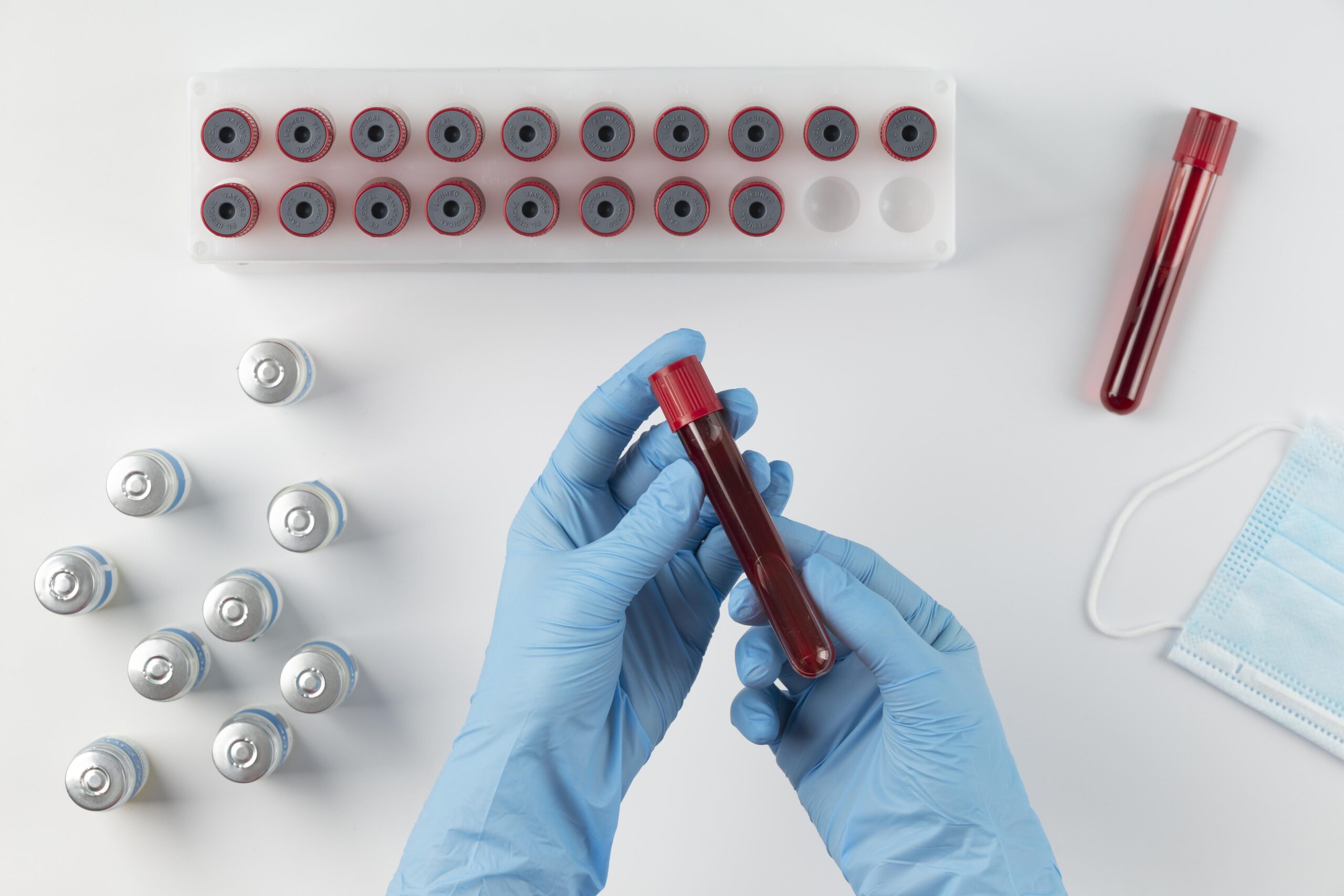Hematological Parameters: Iron Deficiency, and Lactoferrin Support

Proper hematological parameters are crucial for maintaining overall health and well-being. Among these parameters, iron levels and iron deficiency play a significant role in the body’s functioning. Iron deficiency can lead to a condition called iron deficiency anemia, impacting red blood cell production and ultimately causing various health issues. One potential intervention to support iron levels is lactoferrin. Let’s explore these concepts further.
Iron is an essential mineral required for the production of hemoglobin, a protein responsible for carrying oxygen to all tissues and organs in the body. Hemoglobin is present in red blood cells, which are responsible for oxygen transport and ensuring cells’ normal functioning. Hematological parameters, such as hemoglobin levels, hematocrit, and red blood cell count, are commonly measured to assess iron status and diagnose iron deficiency.
Iron deficiency occurs when the body does not have enough iron to produce adequate hemoglobin and meet the body’s demands. Common causes include inadequate dietary intake, poor iron absorption, increased iron requirements (e.g., during pregnancy), or excessive blood loss (e.g., heavy menstruation). Iron deficiency can lead to fatigue, weakness, shortness of breath, pale skin, and impaired cognitive function.
Iron deficiency anemia is a severe form of iron deficiency where there is an insufficient number of healthy red blood cells in the body to carry oxygen adequately. It is associated with more pronounced symptoms such as extreme fatigue, rapid heartbeat, dizziness, and even cognitive impairment. Diagnosing iron deficiency anemia involves assessing hematological parameters, along with additional tests like ferritin levels and iron-binding capacity.
In supporting iron levels and addressing iron deficiency, lactoferrin, a glycoprotein found in human milk and various other biological fluids, has gained attention. Lactoferrin has an affinity for iron, binding to it and facilitating its absorption in the body. Studies suggest that lactoferrin may enhance iron absorption, making it a potential therapeutic option for individuals with iron deficiency or iron deficiency anemia. However, more research is needed to determine the optimal dosage and long-term effects of lactoferrin supplementation.
It is essential to work closely with healthcare professionals in addressing iron deficiency and iron deficiency anemia. Treatment typically involves iron supplementation or dietary modifications to increase iron intake. While lactoferrin may show promise in supporting iron levels, each individual’s specific circumstances should be considered before incorporating lactoferrin into a treatment plan.
As part of our commitment to providing medical insights, we encourage you to explore our resources on hematological parameters, iron deficiency, iron deficiency anemia, and lactoferrin. Remember, early detection and appropriate management are key to maintaining optimal health and well-being.
Together, we can empower individuals with knowledge and support them in their journey towards healthier hematological parameters.
(Note: This article provides a brief overview of the subject and does not substitute medical advice. If you suspect you may have anemia or I ron deficiencyor require more information, consult with a healthcare professional.)



